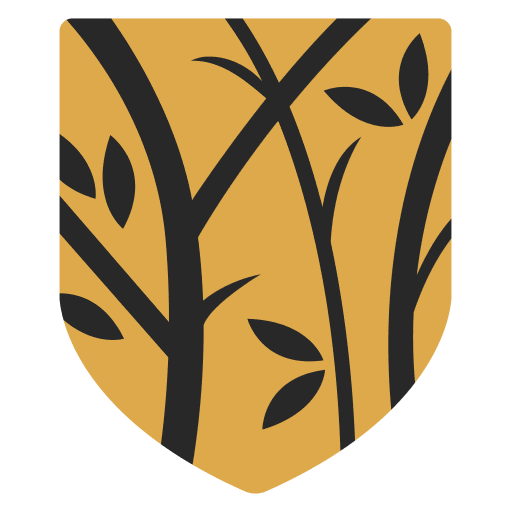History
The purpose of our history curriculum is to create inquisitive and rounded historians that constantly seek further understanding of the world around them. We incorporate a range of local history to ensure pupils can experience first-hand the captivating stories of our local area.
There is undoubtedly aspects of our curriculum that challenge pupils to consider the uncomfortable aspects of spiritual, moral and cultural importance of the topics we study; also engaging students to debate the requirements of fully understanding the complexities that history has to offer.
Through the use of engaging lessons, our department thrive on exploring the past with the present and frequently use the rigorous concepts (cause, consequence, change, continuity, similarity, difference and significance) to build their knowledge and develop their analytical thinking.
Our department encourages the use of a range of transferable skills. These are practiced regularly by analysing information, evaluating usefulness and developing a fluent argument based style of writing. The range of topics and skills we offer ensures that we are a popular and successful options subject at GCSE.
The programme we provide at Key Stage 3 helps students to explore ideas such as cause and consequence, chronology, significance, interpretation and knowledge and understanding. Each topic will use one or more of these ideas to challenge students’ thinking and reasoning.
Below is a summary of the enquiries explored throughout the year for each year group.
| Year 7 | Year 8 | Year 9 |
|
|
|
At Key Stage 4 students will learn about each subject area using a variety of learning styles such as problem solving, analysis and evaluation, questioning and knowledge development. Transition to Key Stage 4 is helped by the fact that students start to build on the skills already embedded during Years 7, 8 and 9. Support is also provided through exam revision sessions during Year 11 and the use of revision guides recommended to students.
Year 11 will be examined in the following units from the Edexcel History 9-1 course:
- Medicine through time c1250 – present and British Sector of the Western Front.
- Superpower Relations and the Cold War 1941 – 1991.
- Early Elizabethan England 1558 – 88.
- The USA, 1954 – 75: conflict at home and abroad.
Students will only be taking exams at the end of the two year course in May/June. This subject is split into 3 papers of different weightings:
- Paper 1 (30%): Medicine through time c1250 – present and British Sector of the Western Front.
- Paper 2 (40%): Superpower relations and the Cold War, and Early Elizabethan England.
- Paper 3 (30%): The USA: conflict at home and abroad.
For students studying history GCSE the following are a selection of recommended revision guides and aids to support learning:
- Pearson Revise- Revision guides Pearson Revise for GCSE (please select the specific Edexcel modules taught in Crispin)
- Oxford Revise- Revision guides History GCSE Revision – Oxford Revise (please select the specific Edexcel modules taught in Crispin)
- Tutor2U- Revision Flashcards Revision Flashcards for GCSE History | Shop | History | tutor2u (please select the specific Edexcel modules taught in Crispin)
History Enrichment Opportunities
The History Department provides a range of enrichment opportunities that extend learning beyond the classroom. Our Local History Day for Year 8 helps students explore how national events during the Industrial Revolution have shaped Somerset and the local area through workshops and guided activities.
Year 8 students also have the opportunity to visit Bristol’s M Shed Museum to take part in a workshop on Bristol and the Transatlantic Traffic in Enslaved Africans. This visit supports their curriculum learning and helps students engage with the city’s rich and complex history through museum exhibits and expert-led sessions.
Selected Year 9 students can take part in an overseas trip to Krakow, Poland, including visits to Schindler’s Factory Museum, Auschwitz-Birkenau and the Wieliczka Salt Mines. This powerful experience deepens their understanding of World War II, the Holocaust and modern European history.
These opportunities reflect our commitment to offering meaningful and memorable historical learning experiences for all students.
